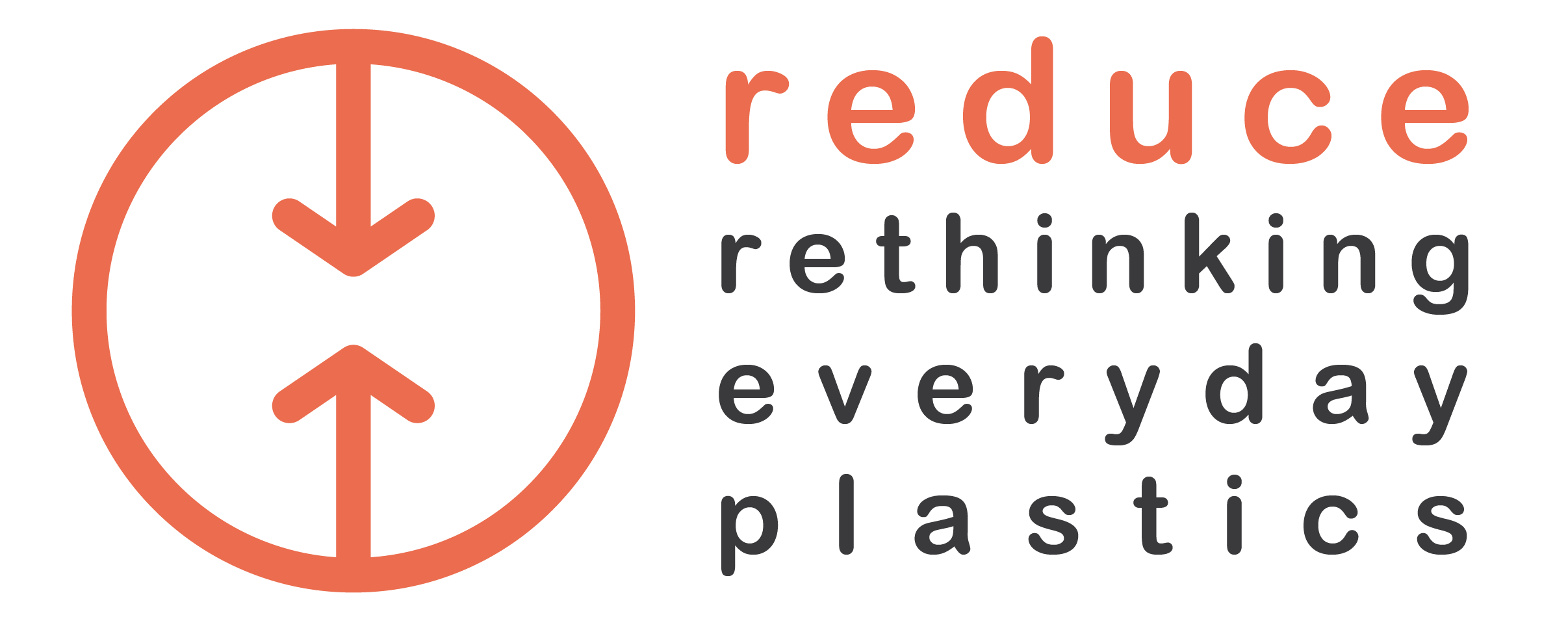What if…?

The last exercise at Kulturhuset was about envisioning a future where the plastics industry had collapsed. Imagining alternative futures can contribute to seeing new and more radical possibilities in the present. We envisioned this future scenario:
The global oil industry has relied on plastic production to save it. Despite growing skepticism among consumers and a ban on disposable products, the industry has invested heavily. At the same time, more and more research shows that the growing problems with emissions, littering and health related to plastic consumption have reached a critical level. In 2031, a new EU directive sets requirements for phasing out plastic. This leads to a collapse in the plastics industry in 2033 and thus a complete halt in the production and import of plastic products.
We went on to discuss these questions: What would this mean for you and your company / organization? How would it affect our daily lives? How could we have adapted?
Many thoughts emerged as a consequence of this scenario. First and foremost, we envisioned a rapid increase in value for plastics, if the production of virgin material would stop. New industries would emerge that could supply alternative materials and recycling methods and capacity. Many of us first thought about what plastics could be replaced with, and went on to think more about the system-related changes a plastic collapse could lead to at both the macro and micro level. Perhaps there would be major conflicts over the availability of biological resources, food shortages and war. The lack of plastic and plastic products could lead to a system change in how we consume – for example, there may be more sharing, renting and repair. At a consumer level, it could create new habits and fewer things in the home. Maybe we would have to go back to previous ways of doing things, for example to glass milk bottles. This exercise points to the work that will take place towards the end of the project where we will work specifically with possible futures. Sara Ilstedt and Karin Ehrnberger (KTH) will in this last phase explore less plastic-dominated futures, as well as challenge established norms for plastic consumption.
